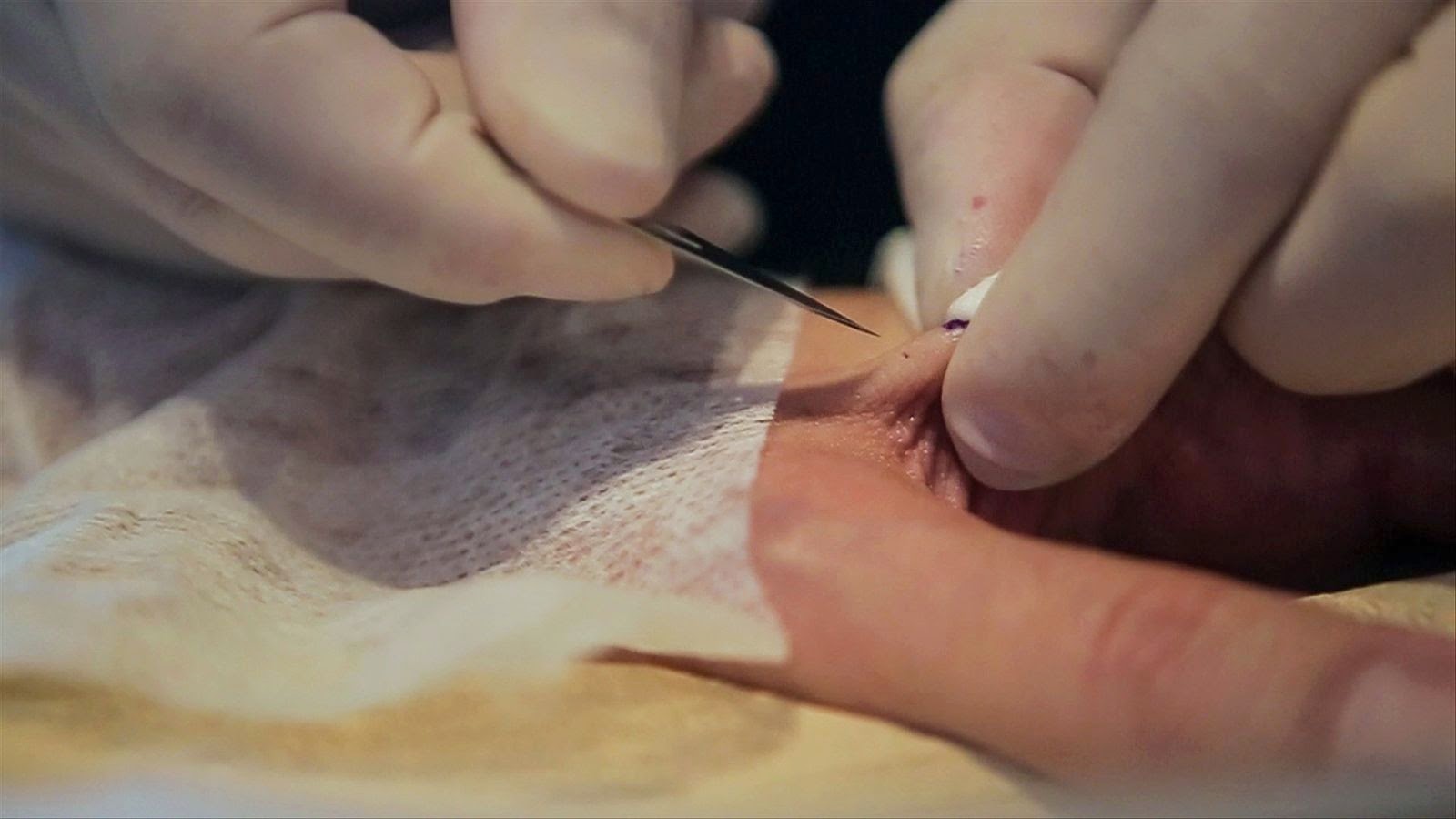Koichi Wakata Becomes First From Japan to Command the International Space Station
Astronaut Koichi Wakata, who took charge of the International Space Station last Sunday, became the first Japanese to take charge of a manned space mission.
This will the third time in the history of the 15-nation $100 billion research laboratory that a commander of the mission is not from the two major agency partners of the project, NASA and the Russian Space Agency. Belgian Frank DeWinne and Canadian Chris Hadfield were the other two.
The 50-year old former space station flight engineer has been on the station since November 7. Speaking to a change-of-command ceremony streamed by NASA Television, he said, “I am humbled to assume the command of the space station.” He also expressed great delight in the new function, speaking through a translator he said, “I am very proud as a Japanese to be given this important command.” Before Wakata, only three other Japanese astronauts have been included in the space station crew. He is the fourth Japanese to become a crew member, flying twice already. His first time on the space station was in 2009. The veteran astronaut has also flown two space shuttle missions before. He believes that his new role as space station commander is an achievement for Japan. “I think that this reflects the real trust toward Japan and what Japan has achieved over the past years,” he noted.
As new commander, one of Wakata’s roles is to supervise the incoming Space Exploration Technologies’ Dragon cargo ship expected to arrive on March 18, which will be launched from the Cape Canaveral Air Force Station in Florida. Wakata is also tasked to secure the safety of the crew in the space station in the event of a fire or meteorite strike. He has replaced outgoing commander, Russian Oleg Kotov. Kotov and flight engineer Sergey Ryazanskiy and NASA astronaut Mike Hopkins are to leave the orbit by Monday. Their replacements are scheduled to arrive by March 26. Meawhile, Wakata will remain in the station until mid-May, along with fellow astronaut Rick Mastracchio from NASA and Russian cosmonaut Mikhail Tyurin.
This will the third time in the history of the 15-nation $100 billion research laboratory that a commander of the mission is not from the two major agency partners of the project, NASA and the Russian Space Agency. Belgian Frank DeWinne and Canadian Chris Hadfield were the other two.
The 50-year old former space station flight engineer has been on the station since November 7. Speaking to a change-of-command ceremony streamed by NASA Television, he said, “I am humbled to assume the command of the space station.” He also expressed great delight in the new function, speaking through a translator he said, “I am very proud as a Japanese to be given this important command.” Before Wakata, only three other Japanese astronauts have been included in the space station crew. He is the fourth Japanese to become a crew member, flying twice already. His first time on the space station was in 2009. The veteran astronaut has also flown two space shuttle missions before. He believes that his new role as space station commander is an achievement for Japan. “I think that this reflects the real trust toward Japan and what Japan has achieved over the past years,” he noted.
As new commander, one of Wakata’s roles is to supervise the incoming Space Exploration Technologies’ Dragon cargo ship expected to arrive on March 18, which will be launched from the Cape Canaveral Air Force Station in Florida. Wakata is also tasked to secure the safety of the crew in the space station in the event of a fire or meteorite strike. He has replaced outgoing commander, Russian Oleg Kotov. Kotov and flight engineer Sergey Ryazanskiy and NASA astronaut Mike Hopkins are to leave the orbit by Monday. Their replacements are scheduled to arrive by March 26. Meawhile, Wakata will remain in the station until mid-May, along with fellow astronaut Rick Mastracchio from NASA and Russian cosmonaut Mikhail Tyurin.




Comments
Post a Comment